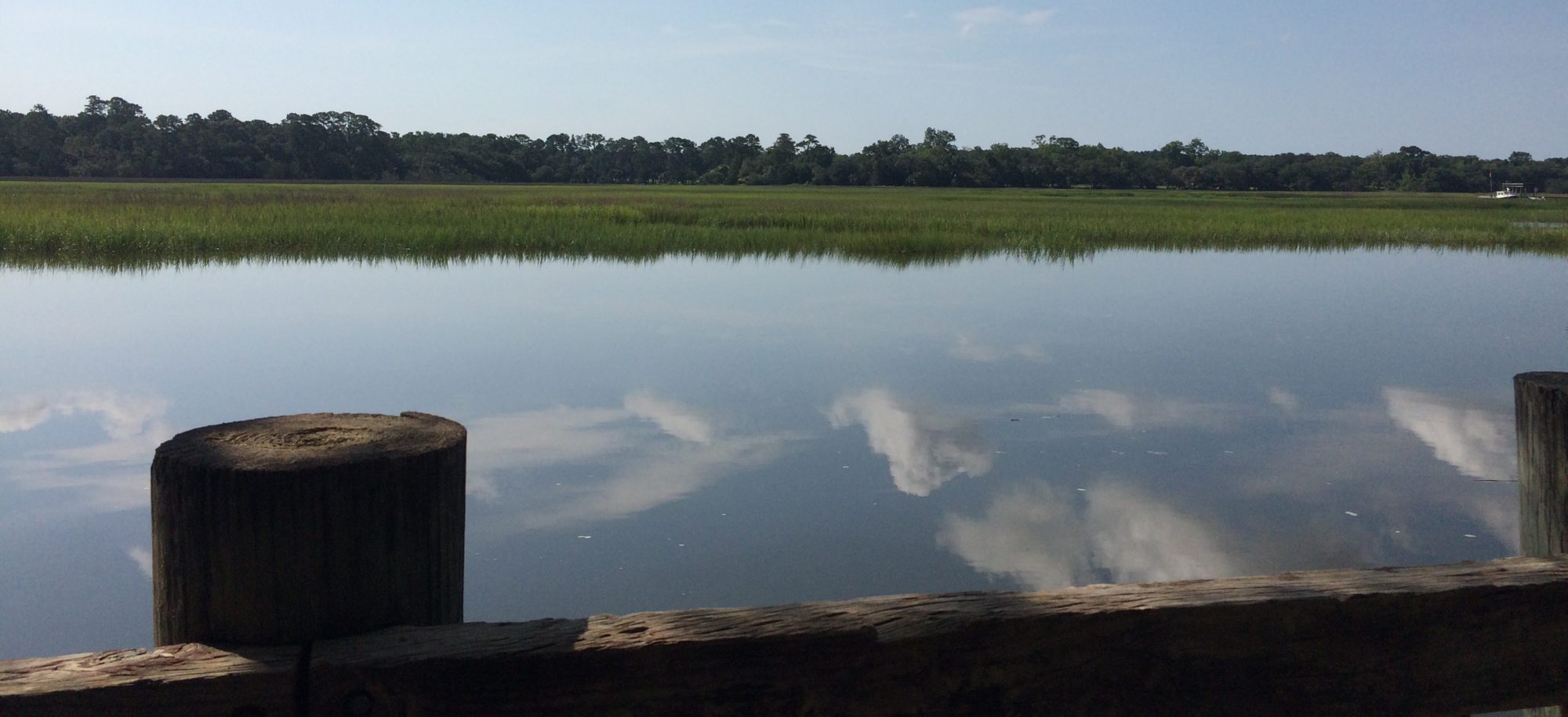They are
absolutely huge and black, immense pieces of life, blowing snot. I’m supposed
to feed them apples. I can hardly move. They’re harnessed, but not to anything.
I’m sure I’ll get my hand ripped off. I’m probably six.
My
father and his uncle Adolph are laughing, remembering how it is to be scared by
the sheer size of something living. King and Duke, the two horses, stand there
waiting, once in a while stamping or whooshing air out their huge glistening
nostrils.
I offer
an apple to King, the horse on the left. He snuffles it off. I still have a
hand.
I lay
the second apple, small and yellow with reddish streaks, on the flat of my
other hand and move toward Duke, who leans his huge head over and picks it off.
His lips are slimy, his tongue rough. My dad has this proud look.
Uncle
Adolph lifts the reins, motioning to my father. Dad gets this grin, takes the
reins in both hands and clucks at King and Duke who walk past me toward the
barn. I follow them in and watch Uncle Adolph and my father unharness these
monsters who obey commands of people so much smaller than they.
Uncle
Adolph wore bib overalls to work, which was out his back door, farming on
Donges Bay Road in Mequon, Wisconsin. The land he farmed was down the road from
the homestead my father’s great-grandfather Gottfried settled into, sometime after
he arrived from Germany in 1839 at the age of 17.
Gottfried’s
son Herman bought a farm and ran it with his wife Margaretha until he died of
diphtheria in 1894 in his thirty-fourth year, leaving Margaretha with two sons,
seven and three, and Rosa, who had just had her first birthday. Two other boys
had already died of diphtheria at ages five and two. A seven-year-old boy, the
eldest, Hugo, got diphtheria too, but survived with a weakened heart.
Not sure
how Margaretha managed. Her son Hugo went to work in Milwaukee as a fourteen-year-old,
clerking in the office of an uncle’s coal business, which he bought after his
marriage. Her younger son Walter probably helped on the farm. Maybe Margaretha
ran the farm or maybe she rented it out; at least she continued to own it.
That
left Rosa, a year old when Herman died at 34. Rosa finished public school in
1907. Her Wisconsin Common School Diploma, complete with a silver ribbon
beneath the State Seal, lists the subjects she completed.
She was
fourteen. It was May, in the middle of the month, in time for spring planting.
It’s a
pretty long list: Reading, Spelling,
Orthoepy, English Grammar, Arithmetic, Geography, Writing, United States History,
the Constitutions of the United States and Wisconsin, Physiology and Hygiene.
Orthoepy?? I looked it up just now.
It means the correct pronunciation of words. In this case, English ones.
Probably useful, German being the first language for many in Mequon at the
time. Must have worked. I don’t remember her having a German accent.
She
married Adolph Milbrath, making him my dad’s uncle. Eventually they took over
Margaretha’s farm and she lived with them. My father spent his summers on Uncle
Adolph’s farm from when he was five years old until he went to high school.
Rosa was
a large woman, laughing every time I met her, and kind. We knew her as Aunt
Rosie. We usually saw Adolph and Rosie at family gatherings in Milwaukee since
that’s where my family lived. But once in a while we would take a Sunday drive
out to the country to visit them. That’s where I met King and Duke. It mixes in
my memory with the smell of Uncle Adolph’s cigars.
A 1930’s
traveling photographer recorded him in a color photo, standing behind King and
Duke who are harnessed for work. He seems serious, dressed in a denim jacket
and pants over a light blue shirt buttoned up to the throat, with a felt hat.
The limestone gravel driveway is white and dusty and the grass is dark green
and he’s not wearing gloves, so maybe it’s summer after the dandelions are
done. Probably his best work clothes, chosen for the picture.
The
horses look huge, even though it’s just a photo with the inevitable foreground
effect. And there’s Uncle Adolph, this elf of a guy between them in the
background, reins leading from their jaws through their shoulder collars back
to his hands, loosely clasped, waist-high.
King.
Duke. English names, not the German ones I might have expected them to go by. Orthoepy spin, I suppose.
Power
and family, that’s what they are. Not about to take the hand off a petrified
kid feeding them yellow summer apples streaked with red on a sunny afternoon in
mid-September.
